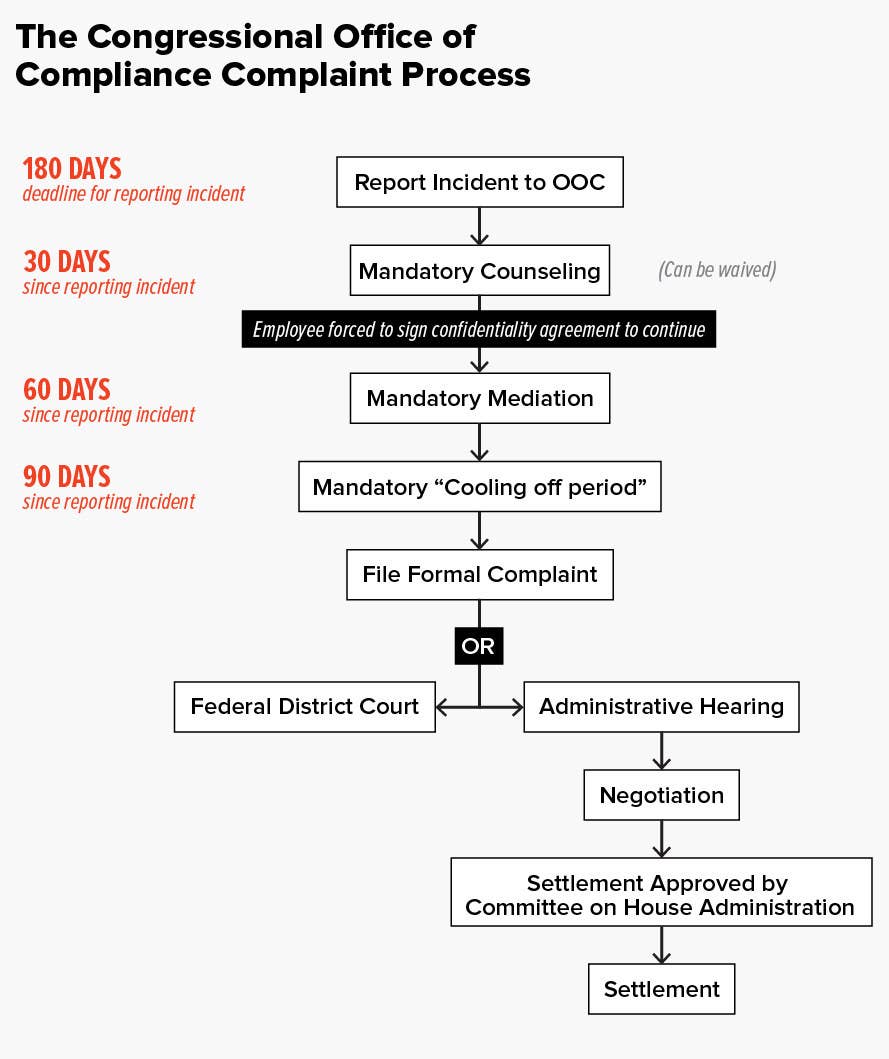Seniors migration cost British Columbia $7.2 billion in health-care expenses | Fraser Institute:
"Canada’s health-care system has lots of problems including its comparatively high cost, long wait times and middling performance among universal health-care countries.
One problem, which has largely been overlooked, is how Canada’s financing of public health care
fails to account for interprovincial migration of seniors.
As a result, provinces such as Quebec benefit (through lower health-care costs) when seniors leave the province while provinces that attract seniors, such as British Columbia, incur increased costs.

The underlying cause of this cost—or benefit—from seniors migration is that
taxation...
and the consumption of health care, follow two different patterns.
People pay very little tax until they begin working, with their contributions typically peaking during their peak earning years.
Their earnings then decline when they retire.
For example, almost three-quarters (73.4 per cent) of Canada’s total tax burden is paid by the working-age population (24 to 64).
Health care, on the other hand, follows almost the exact opposite pattern.
Canadians consume quite a bit of health care in their first year of life, then health consumption drops markedly until about the mid-50s.
Indeed, the majority of health-care consumption typically takes place post-65.
For example, the average annual spending on health care by government on people between the ages of one and 59 is $2,188.
This amount almost triples, on average, to $6,424 for Canadians aged 65 to 69.
The average per person spending for those over 70 is $13,797.
Consequently, when
seniors migrate from one province to another, they are highly likely to have paid most of their lifetime taxes in one province while consuming most of their lifetime health care in another province..."










